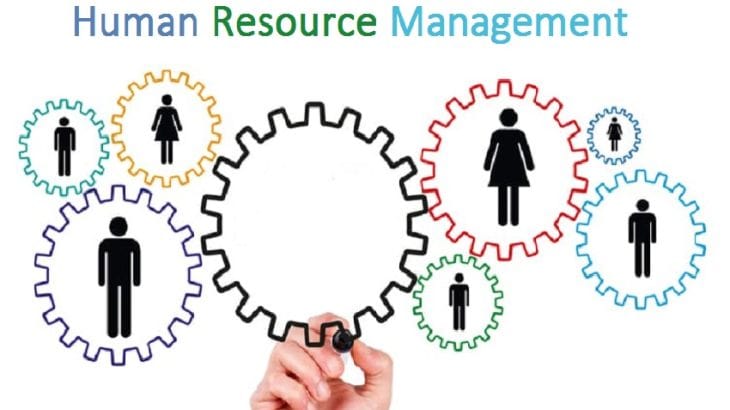In the dynamic landscape of modern business, the role of Human Resource Management (HRM) has evolved into a multifaceted discipline, playing a pivotal role in shaping organizational success. As we delve into the intricacies of HRM, we unravel the comprehensive and vital functions that make it the linchpin of effective organizational management.
Defining Human Resource Management
At its essence, Human Resource Management is the strategic approach to the effective management of people within an organization. It involves the acquisition, development, and utilization of human resources to achieve organizational goals. HRM goes beyond mere administrative tasks; it encompasses a holistic approach to managing the workforce, ensuring alignment with the company’s objectives.
Recruitment and Talent Acquisition: Building the Foundation
One of the fundamental roles of HRM is recruitment and talent acquisition. The process involves identifying, attracting, and selecting qualified candidates to meet the organization’s staffing needs. A robust recruitment strategy ensures that the right talent is in place, fostering a productive and dynamic work environment.
Crafting Effective Job Descriptions
Crafting compelling and detailed job descriptions is a cornerstone of successful recruitment. Job descriptions not only attract potential candidates but also set clear expectations for the role, promoting transparency and efficiency in the hiring process.
Employee Development: Nurturing Growth and Skill Enhancement
HRM plays a pivotal role in fostering continuous employee development. This involves creating opportunities for skill enhancement, training programs, and career advancement. Investing in employee development not only boosts morale but also enhances the overall competency of the workforce.
Implementing Training Initiatives
Incorporating strategic training initiatives ensures that employees stay abreast of industry trends and technological advancements. This proactive approach not only enhances individual skill sets but also contributes to the organization’s adaptability and innovation.
Performance Management: Driving Excellence
An integral facet of HRM is performance management. This involves setting clear expectations, providing regular feedback, and recognizing and rewarding exceptional performance. A well-structured performance management system promotes accountability and motivates employees to excel in their roles.
Goal Setting and Monitoring
Establishing SMART (Specific, Measurable, Achievable, Relevant, Time-bound) goals ensures clarity in expectations. HRM oversees the process of goal setting and monitors progress, fostering a culture of continuous improvement and achievement.
Employee Relations: Nurturing a Positive Work Environment
Creating and maintaining a positive work environment is crucial for organizational success. Employee relations, a core function of HRM, focuses on cultivating healthy relationships between employees and the organization.
Conflict Resolution and Mediation
HRM professionals are adept at conflict resolution and mediation. Timely intervention in disputes and grievances helps maintain a harmonious workplace, enhancing employee satisfaction and retention.
Compliance and Legal Oversight: Safeguarding Organizational Integrity
Ensuring compliance with labor laws and industry regulations is a critical responsibility of HRM. This function involves staying abreast of legal developments, updating policies, and safeguarding the organization from legal repercussions.
Ethical Conduct and Integrity
Promoting ethical conduct and integrity within the organization is paramount. HRM establishes and enforces a code of ethics, fostering a culture of trust and accountability among employees.
Conclusion: The Powerhouse Behind Organizational Success
In conclusion, Human Resource Management is the powerhouse behind organizational success, wielding influence in recruitment, employee development, performance management, employee relations, and legal compliance. A well-optimized HRM strategy not only ensures the efficient functioning of an organization but also contributes to its sustained growth and competitiveness.







